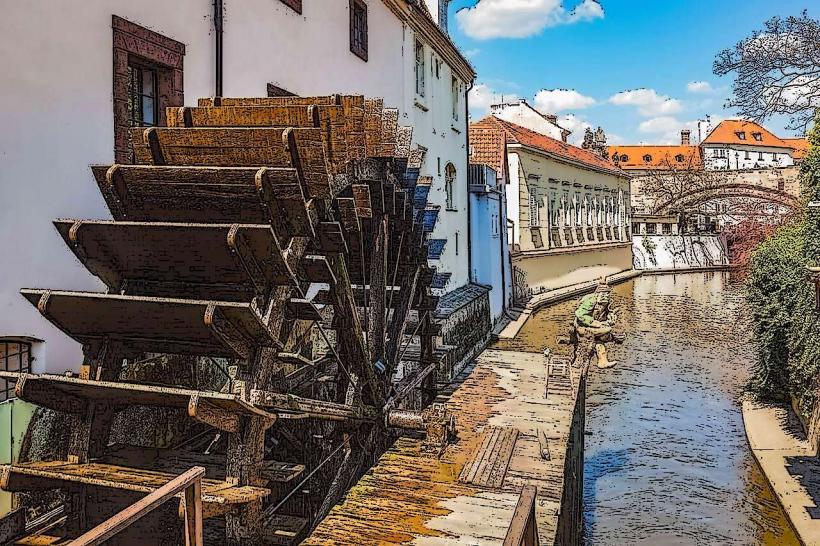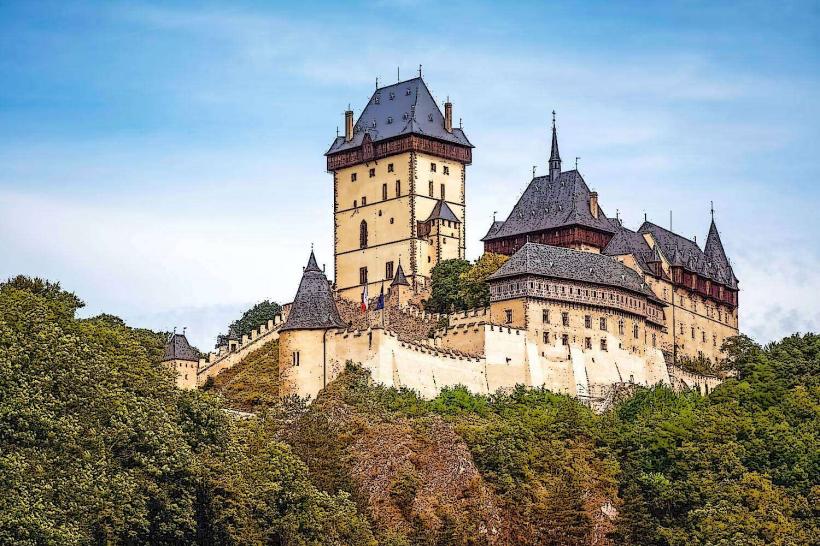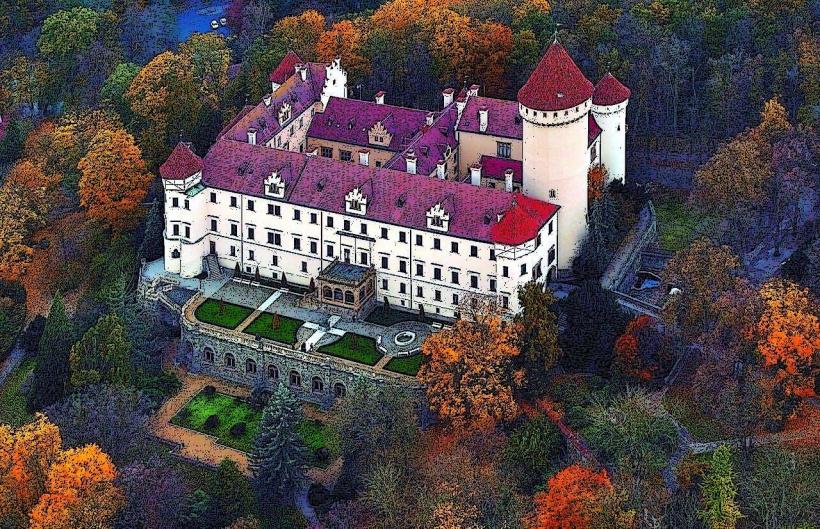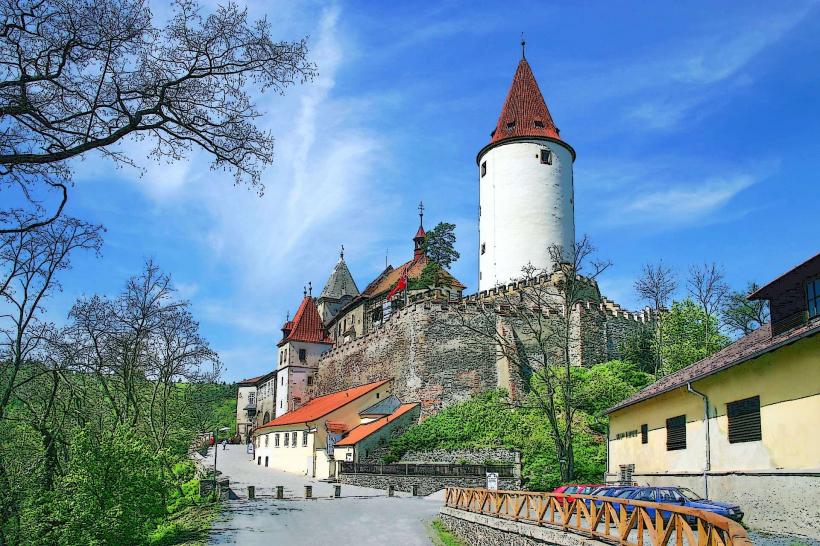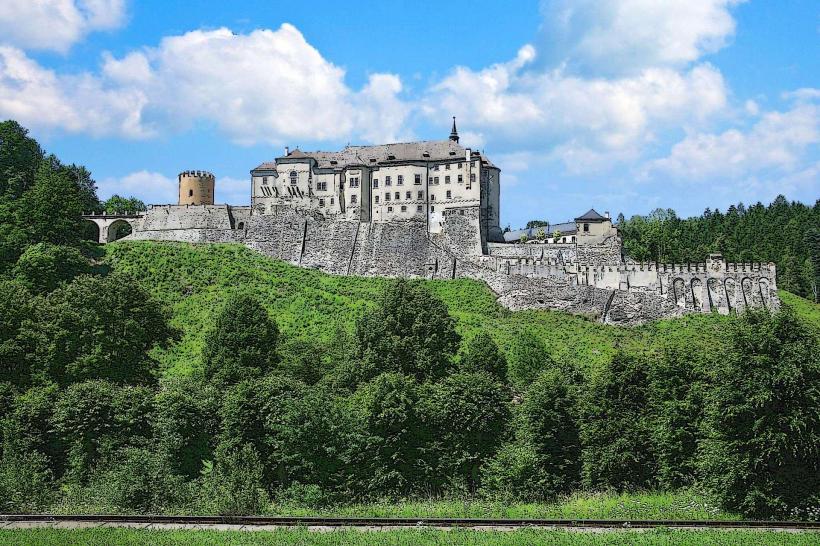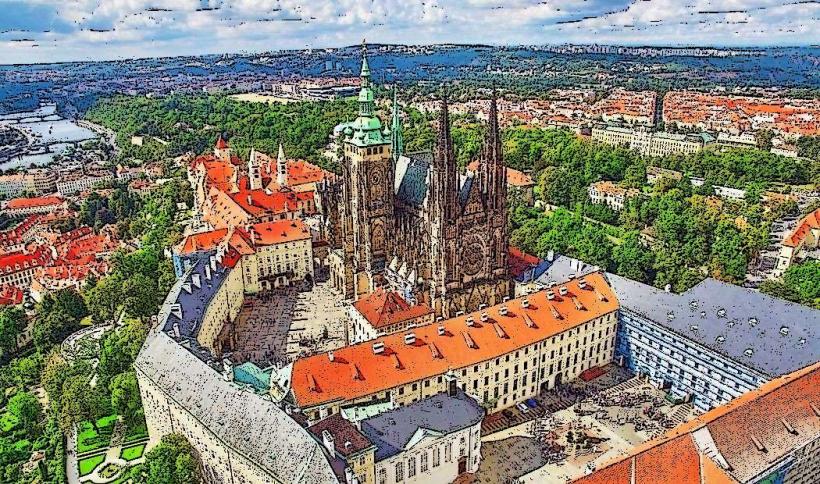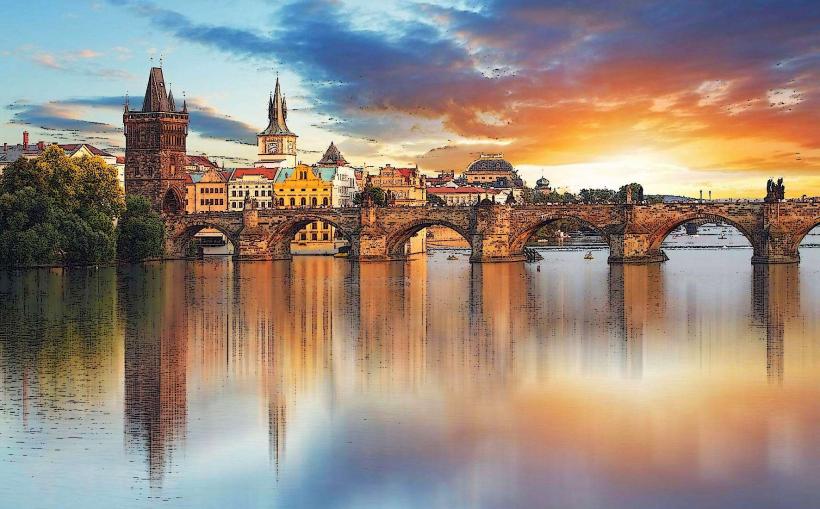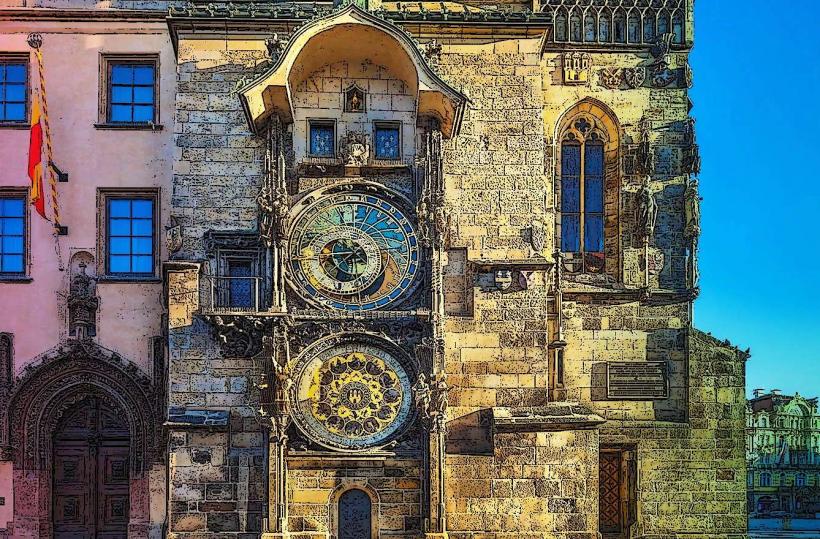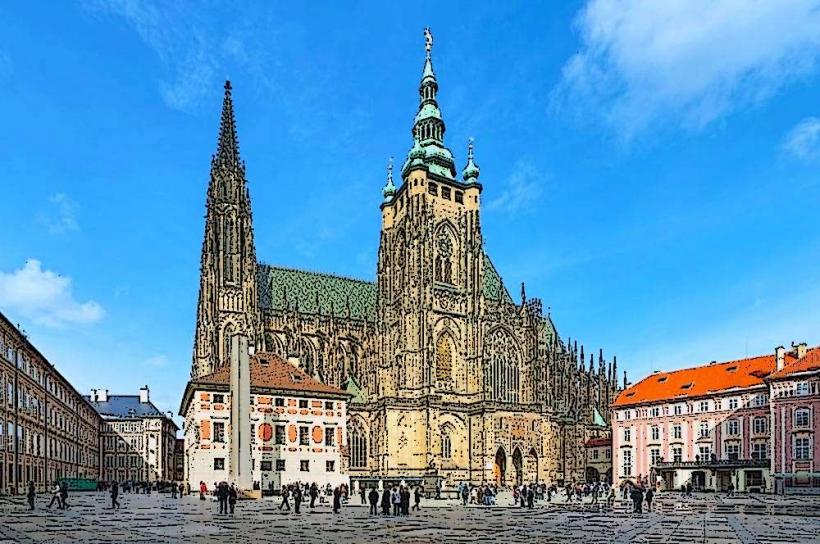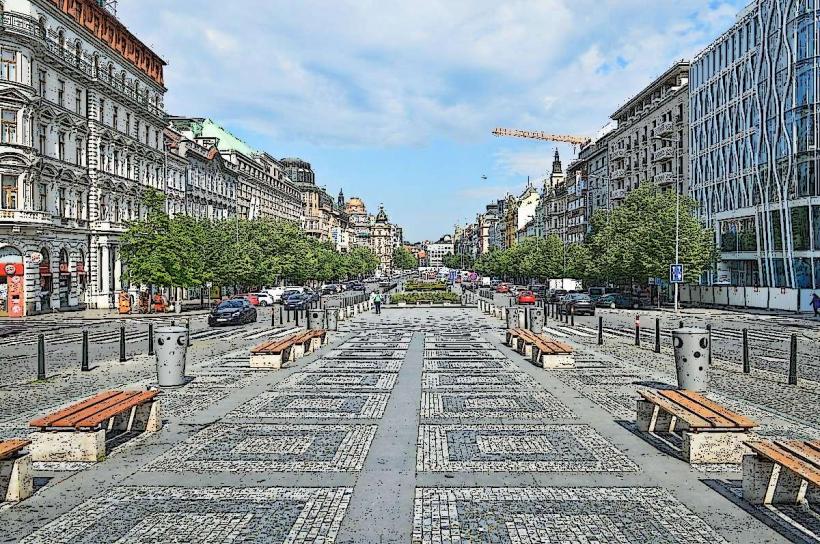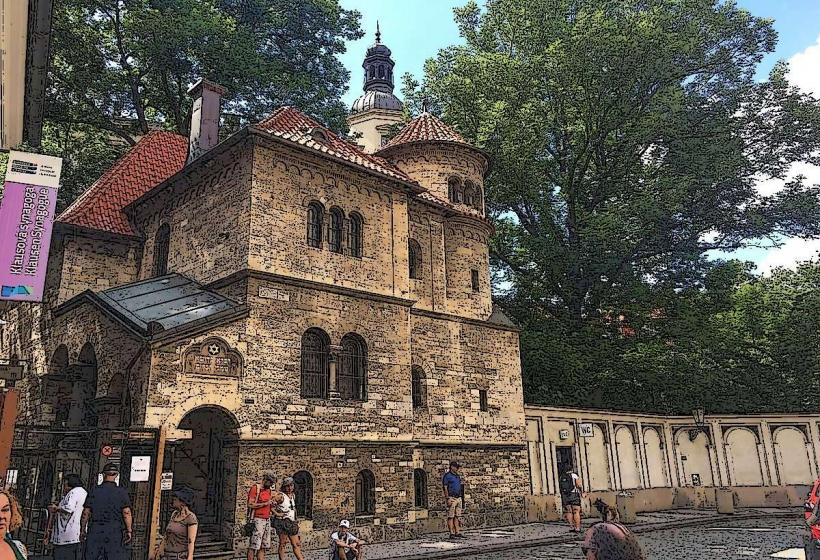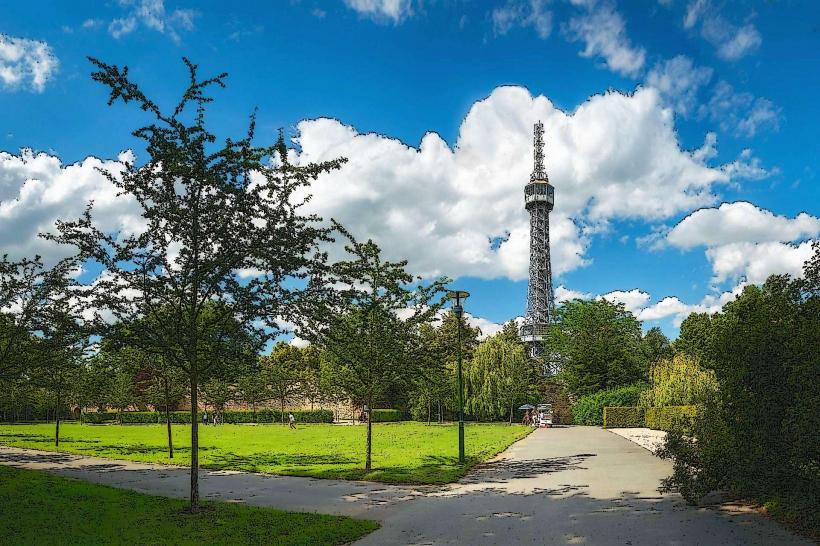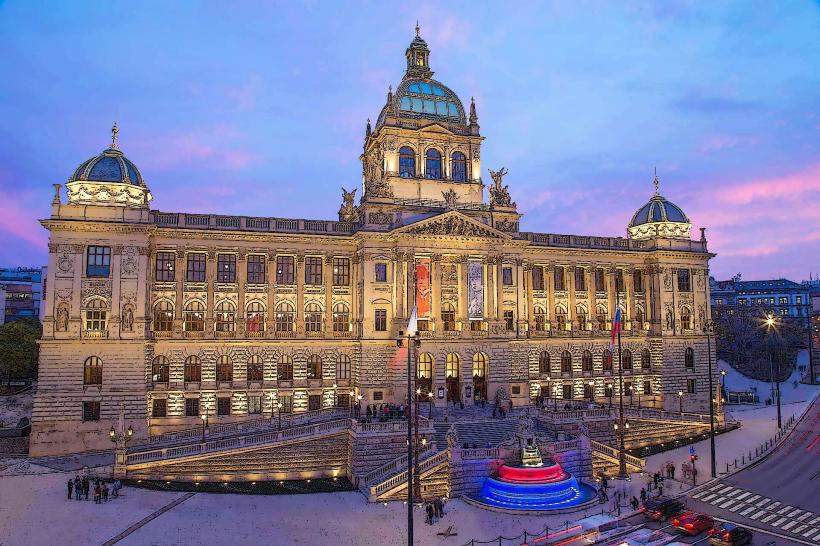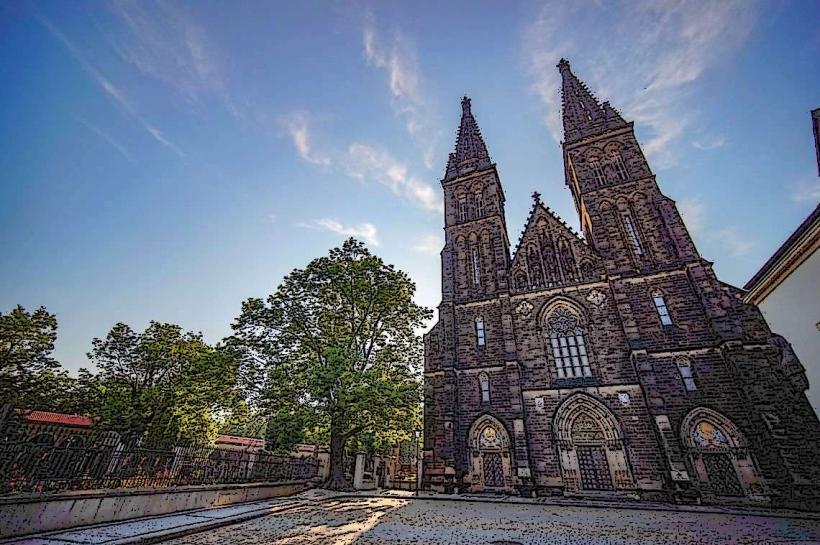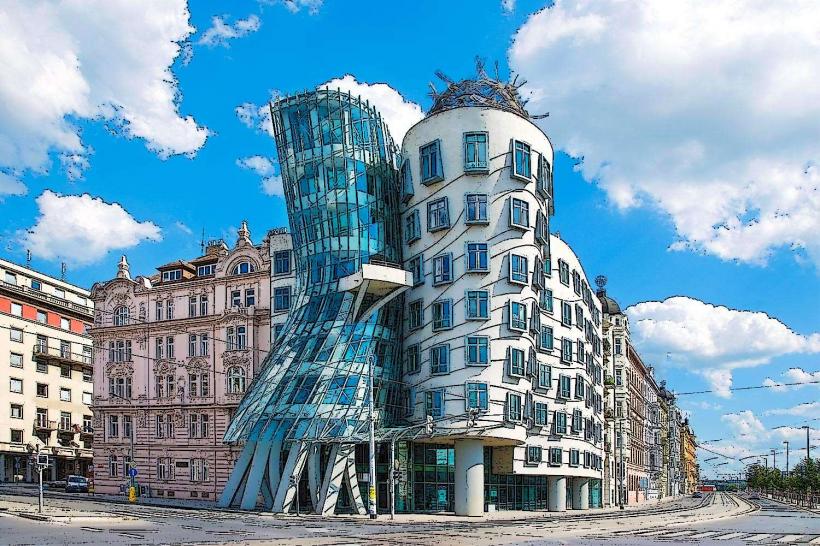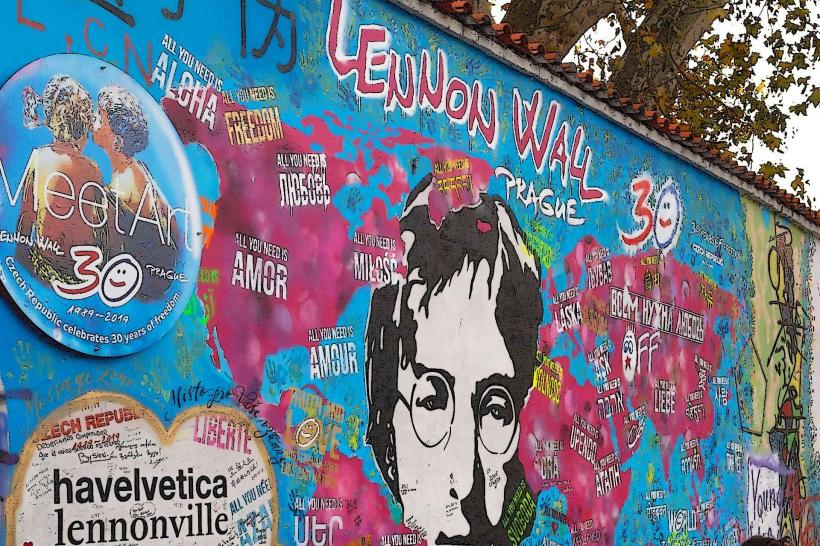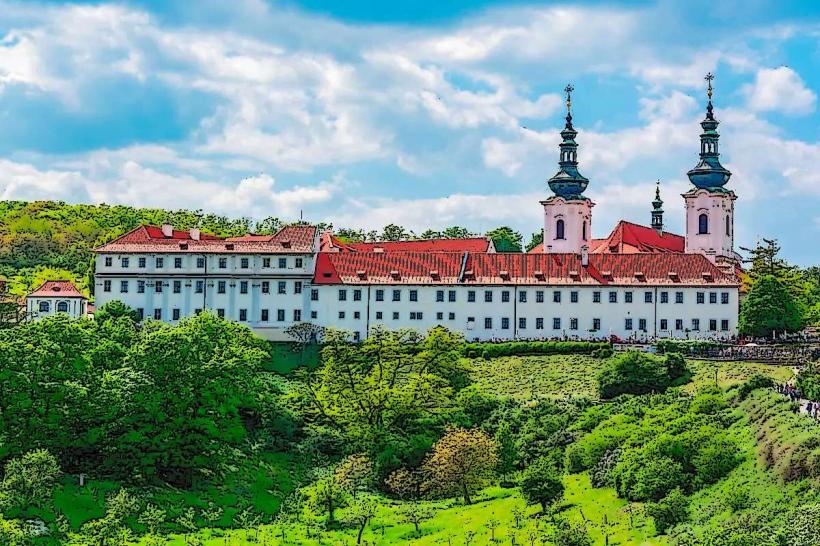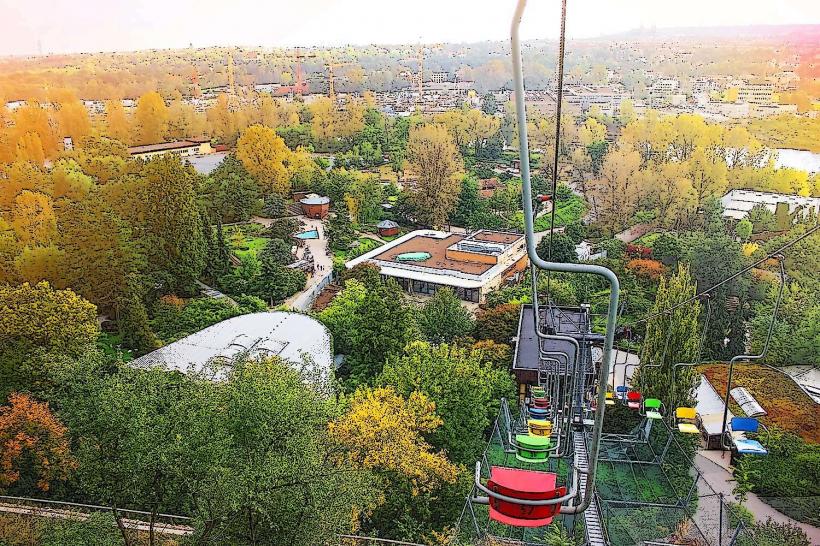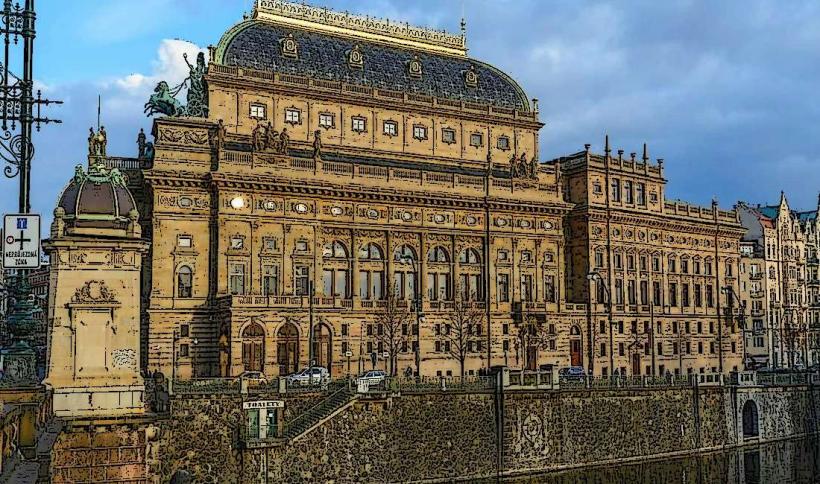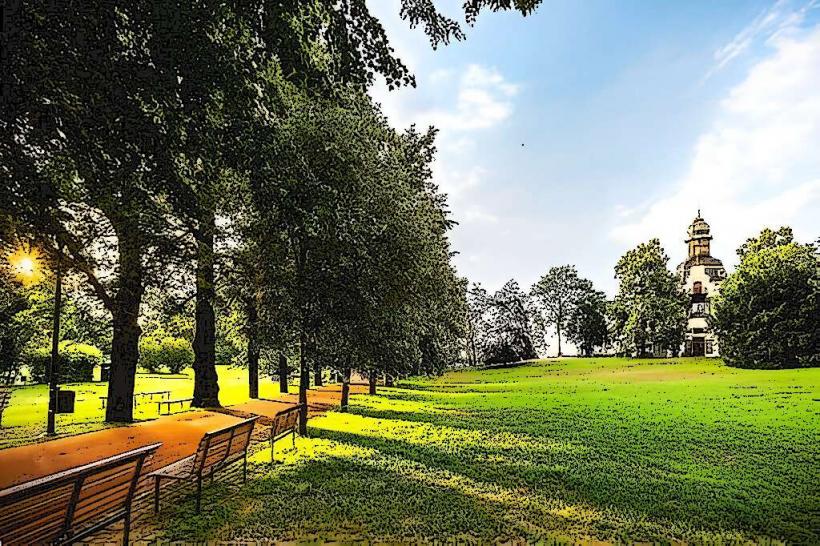Information
City: PragueCountry: Czech Republic
Continent: Europe
Prague, the capital of the Czech Republic, is a city rich in history, culture, and charm. Here's a detailed look at Prague without focusing on its landmarks:
Geography and Location
Prague is located in the central part of the Czech Republic, with the Vltava River running through its heart. The city spans an area of around 496 square kilometers (192 square miles) and is known for its hilly terrain, which provides breathtaking views across the city. The Vltava River divides the city into two main sections: the Old Town (Staré Město) and the Lesser Town (Malá Strana), connected by a number of historic bridges.
History
Prague has a history dating back over 1,100 years, and it has played a pivotal role in Central European history. Originally founded in the 9th century, the city became the capital of the Kingdom of Bohemia in the 14th century. It was also the seat of the Holy Roman Emperor Charles IV, whose reign marked a golden age for Prague. Prague has been part of many empires, including the Austro-Hungarian Empire and Czechoslovakia, and played a significant role in both world wars and the 20th-century political changes, including the Velvet Revolution of 1989.
Culture and Heritage
Prague is often referred to as the "City of a Hundred Spires" due to its distinctive skyline filled with churches, palaces, and historical buildings. The city has a thriving cultural scene, with a rich heritage in literature, music, theater, and art. It is home to significant cultural institutions, such as:
- Czech National Theater: A key cultural symbol for the Czech people, hosting opera, ballet, and drama performances.
- Prague Spring Festival: A major classical music festival.
- Czech Philharmonic Orchestra: Known worldwide for its classical music performances.
- Prague State Opera: An important venue for operatic performances.
Architecture
Prague is renowned for its diverse architectural styles, blending Romanesque, Gothic, Renaissance, Baroque, and modernist influences. Some of the city's most famous architectural works include the Gothic-style St. Vitus Cathedral, Baroque buildings in the Lesser Town, and the modernist functionalist style of buildings in the 20th century. The city was largely spared from major destruction during World War II, which is why much of its historic architecture remains intact.
Economy
Prague is the economic hub of the Czech Republic and one of the wealthiest regions in Central Europe. The city is home to numerous international corporations, startups, and industries. It has a growing tech sector and is known for its vibrant IT industry, which contributes significantly to its economy. Additionally, the city is a major center for finance, with several international banks and financial institutions headquartered there.
Education and Research
Prague is home to several prestigious universities, the most notable being Charles University, founded in 1348, which is one of the oldest universities in Europe. It is a leading institution for research and education in the Czech Republic. The city also hosts various research institutes, particularly in the fields of science, technology, and humanities.
Transportation
Prague boasts a highly efficient and well-developed public transportation system, which includes trams, buses, metro, and taxis. The city's metro system is particularly known for its punctuality and cleanliness. Prague's international airport, Václav Havel Airport, connects the city to numerous destinations worldwide. The city is also well-connected by train, with several major railway stations serving routes across the Czech Republic and Europe.
Culinary Scene
Prague offers a diverse culinary scene, ranging from traditional Czech dishes to international cuisine. Some notable Czech dishes include:
- Svíčková: A beef dish served with creamy sauce, dumplings, and cranberry sauce.
- Vepřo knedlo zelo: Roast pork with sauerkraut and dumplings.
- Trdelník: A sweet pastry that is often served hot with sugar and walnuts (though it's not originally Czech, it has become a popular treat in Prague).
The city also boasts a vibrant beer culture, being home to some of the world’s most famous breweries, including Pilsner Urquell and Budweiser Budvar. Czech beer is renowned for its quality, and it’s considered a vital part of daily life in the country.
People and Language
The people of Prague are generally friendly and open to visitors. The main language spoken is Czech, which belongs to the West Slavic language group, but English is widely spoken, especially in tourist areas, restaurants, and hotels. Czech people are known for their strong cultural pride, with deep respect for their national traditions, art, and history.
Climate
Prague experiences a temperate oceanic climate with four distinct seasons. Winters are cold, with temperatures often dropping below freezing, and occasional snowfall. Summers are mild to warm, with temperatures ranging from 20°C to 30°C (68°F to 86°F), and the city enjoys relatively long daylight hours during this period. The spring and autumn seasons are transitional, with mild temperatures and beautiful foliage in parks and gardens.
Tourism
Prague is one of the most popular tourist destinations in Europe, attracting millions of visitors each year. Tourists flock to the city to enjoy its historic architecture, cultural institutions, and vibrant atmosphere. Besides its landmarks, visitors are drawn to the city's vibrant cafes, local markets, and nightlife, which offer a mix of traditional pubs, modern bars, and nightclubs.
Public Spaces and Green Areas
Despite being a bustling capital city, Prague is home to many parks, gardens, and green spaces. Notable areas include:
- Petrin Hill: A large park offering scenic views of the city.
- Letná Park: A popular spot for both locals and tourists, with views of the city and the Vltava River.
- Riegrovy Sady: A park known for its relaxed atmosphere and beer gardens.
- Stromovka Park: A large park with a variety of recreational spaces and pathways.
Festivals and Events
Prague hosts a wide range of cultural festivals and events throughout the year, celebrating everything from classical music to film, theater, and food. Some key events include:
- Prague Spring International Music Festival: A major classical music event.
- Prague International Film Festival (Febiofest): A festival showcasing international cinema.
- Prague Fringe Festival: A celebration of experimental theater and performance art.
- Prague Christmas Markets: A traditional celebration held during the Christmas season, known for its festive atmosphere and handmade crafts.
Prague is a city that blends historical charm with modern vibrancy, making it a unique and fascinating destination for anyone interested in history, culture, and urban life.

